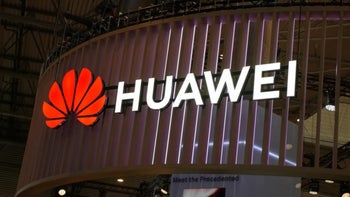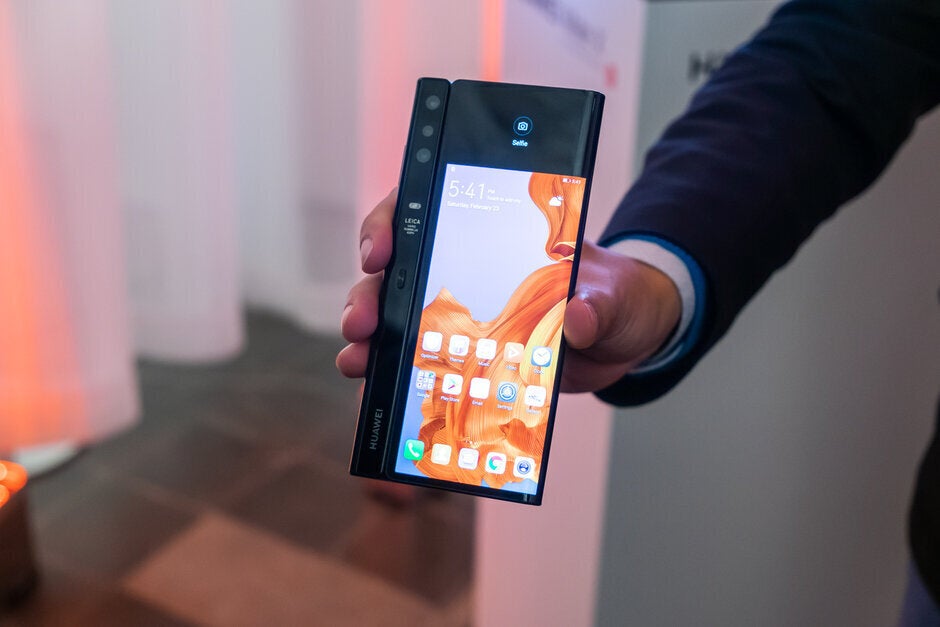Huawei is a villain now in China as state-run and social media attack the company

The U.S. supply chain ban hurts global sales of Huawei's newer handsets. That's because the company has not been able to procure a new license to use the Google Play services version of Android. As a result, recent phones like the Mate 30 series and the foldable Mate X were pre-installed with an open-source version of Android. These units also cannot have Google's core Android apps installed such as Search, the Play Store, Gmail, Maps and more. In China, where most Google apps are not allowed anyway, this doesn't matter. But outside of China, the lack of Google apps and the inability of the manufacturer to offer its phones with the licensed version of Android are important.
As it has turned out, Huawei has more than made up for any drop off in international sales by tearing up the smartphone market in China. Thanks to a wave of patriotism experienced by Chinese consumers, many of whom consider the U.S. to be bullying Huawei, the company had a domestic third quarter for the record books. From July through September, Huawei shipped 41.5 million handsets in China compared to 25 million units delivered during the same quarter last year. The increase in phone shipments on an annual basis was a staggering 66% and left the outfit with a 42.4% market share in its own country.
Even state-run media in China has turned its back on Huawei

The foldable Huawei Mate X
According to The New York Times and CNN, the release of new information about a former Huawei employee named Li Hongyuan has started a wave of negative attacks against a company that previously could do no wrong inside China. Li was accused of blackmailing Huawei and ended up spending 251 days in prison even though the charges against him could not be proved. A document from a district prosecutor's office in Shenzhen that was released last week showed that the former employee received the equivalent of $15,000 USD to make up for the fact that he unfairly spent December 2018 to August 2019 in prison. A second document released last August announcing the prosecutor's decision not to take the case to trial exclaimed that "The facts of the crime determined by Shenzhen police are unclear, the evidence is insufficient, and it does not meet the conditions for prosecution."
Li left Huawei in January 2018 and negotiated an exit package worth the equivalent of $43,000 USD. The money was wired to him two months later. Shortly thereafter, Huawei filed charges claiming that the wire transfer was made as the result of an extortion plot against the company. Li was arrested this past January after being placed in custody a month earlier. The police said that Li had threatened to tell the government about "illegal business activities" committed by the head of his department at Huawei, although this has been denied by Li's attorneys. In a statement, Huawei said that it has "the right, and in fact a duty, to report the facts of any suspected illegal conduct to authorities. If Li Hongyuan believes that he has suffered damages or that his rights have been infringed, we support his right to seek satisfaction through legal means, up to and including lawsuit against Huawei. This is in keeping with the principle of equality before the law."

Huawei founder and CEO Ren Zhengfei
But the backlash against Huawei in China has been huge. Even state-run media outlet The Paper has attacked the company by commenting, "If you step on someone's toes on the street, you say sorry; Huawei's action caused a citizen to lose his personal freedom for 251 days, how does it make sense that the company doesn't feel like apologizing? Huawei has lost a huge number of fans because these people now see a different Huawei: a strange monster that has no empathy and has turned into a bully."
Considering that Huawei has relied on Chinese consumers more than ever this year to prop up its smartphone sales, getting on their bad side could be problematic for it. The company remained the second-largest smartphone manufacturer in the world during the third quarter shipping 66.8 million units, up 28.5% year-over-year. We will have to wait until next year to see whether this backlash against Huawei has a large impact on handset sales in China.










Things that are NOT allowed: